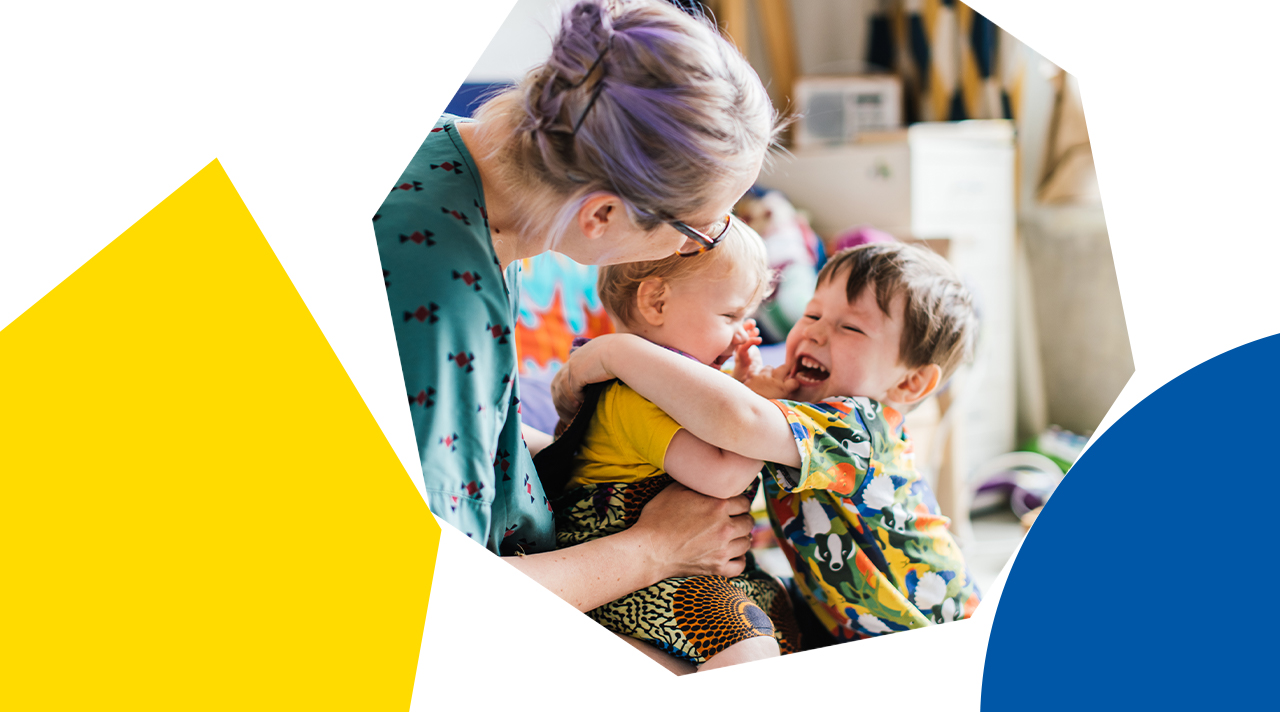
Balance starts at home
IKEA annually conducts a global research called “Life at Home”. Its topic differs every year and gives a clearer understanding of how the life at home looks like today – and how we can help in making it better for the many.This year, in times of great uncertainty, we wanted to kickstart a conversation about what matters most – our mental wellbeing. We asked 1000 people in Estonia to share thoughts on the intimate relationship between their homes and their mental wellbeing. Here is what we've learned.
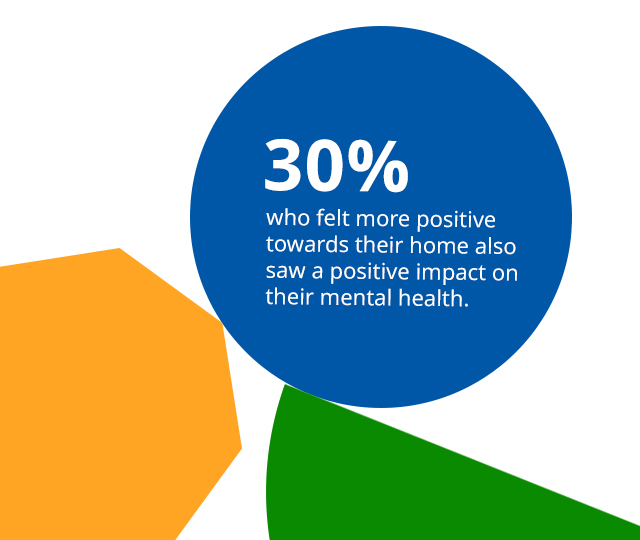
Findings
After the challenging 12 months, 25% of people in Estonia say their mental health has suffered.Through the research, we learned that a home you love can help protect your inner balance: almost every third in Estonia who felt more positive towards their home also saw a positive impact on their mental wellbeing.
But there’s a flipside. When people are unhappy at home, they are more likely to experience negative mental health impacts. This is why we asked experts to share their advice on how to find balance at home.
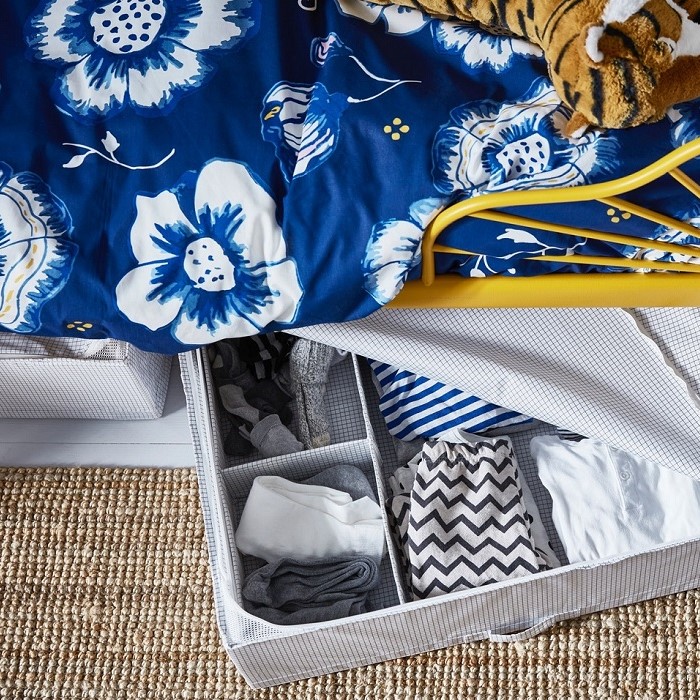
Ideas for a clutter-free home
Every third Estonian finds it very important to keep home clutter-free and easy to clean. Psychologists say that it is also beneficial for our mental health – home should be a comfortable and safe space where we can take the time to charge ourselves. But how to avoid mess without having to tidy up all the time so that you can dedicate more time to things that make you happy instead? We have several ideas to help you save time, reduce stress and create a well-balanced home environment.Read more
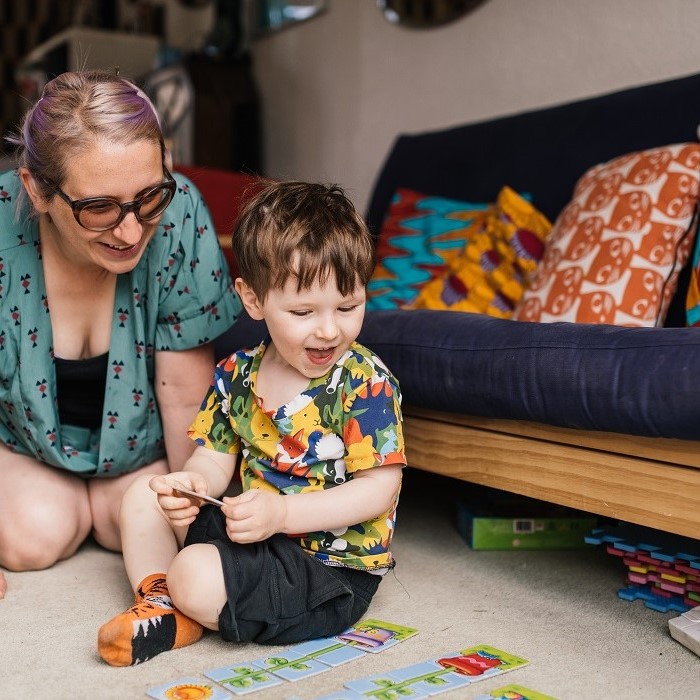
Home and mental wellbeing
During IKEA "Life at Home" research, 30% of Estonians said that positive feelings towards their homes help their mental wellbeing. You can feel better at home if you have healthy relationships or, to start with, even just the right decor elements. For example, different colours can affect your mood and thoughts in various ways. But who should make decisions about your interior design so that everyone at home can be happy?Read more
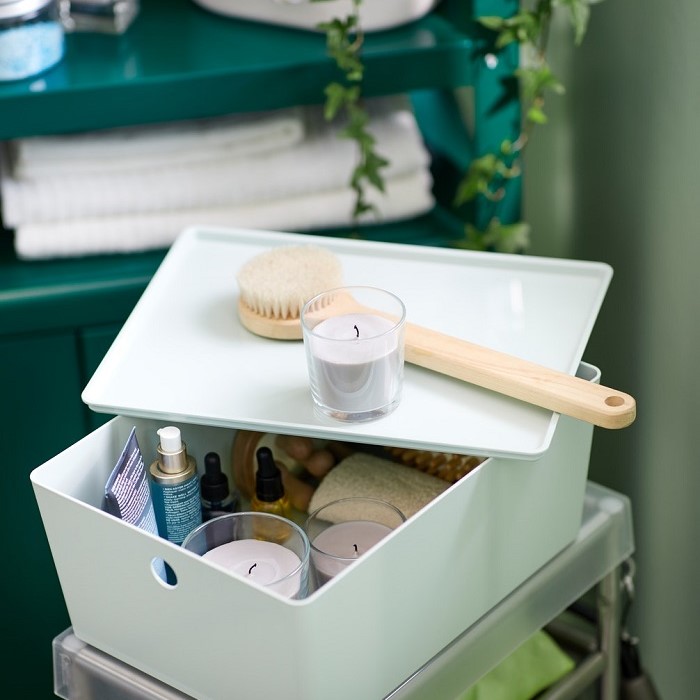
Your own personal spa
We now have many activities gathered in one place: our home. Starting from work assignments to relaxing self-care procedures. 5th of Estonian residents say it is crucial to take care of your body to find the right balance and better your mental health. Creating good habits goes much smoother with your own personal spa – and we have some tips and tricks to make it happen with such ease!Read more

Meaningful relationships
Are you more of a lone wolf or a social being? Many people in Estonia find talking to their loved ones one of the most important things to support their mental wellbeing. To do that, we surely need relationships in which sharing our real feelings is not a scary but a freeing experience. 10% of respondents of our research said that they do not speak about their mental health with anyone – could one underlying reason be smart gadgets?Read more
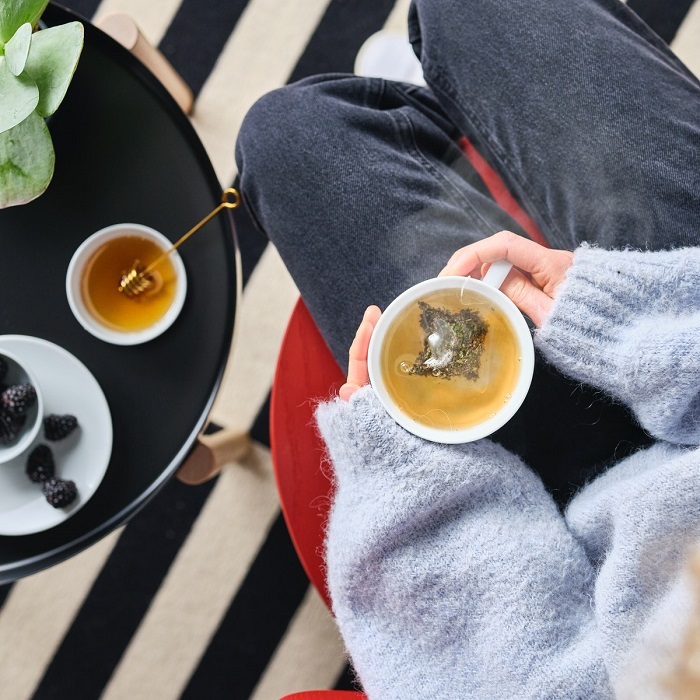
Special tea ceremony
Tea. Just a nice hot beverage or something much deeper? Tea expert Elina Naan says that drinking tea can be a way to get closer to each other. But to also spend some valuable alone time. Do you know which herbs can help you relax and which ones can lift your mood? Every herb has its own time and place – just take in the beautiful flavours and aromas, and be thankful for the silence. Are you curious about how to turn regular tea drinking into a special ceremony?Read more
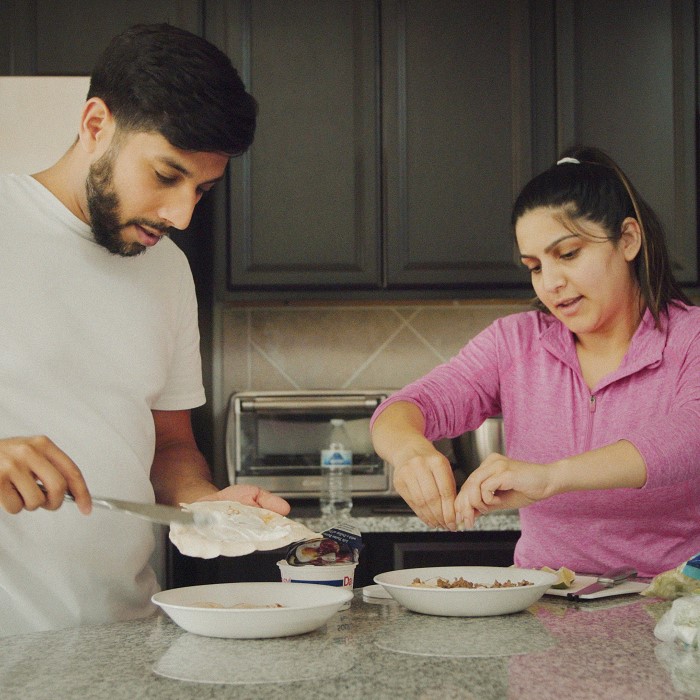
Mindfulness
Half of Estonians, including mindfulness teacher Tiit Trofimov, agree that spending time alone is the key to good mental health. If we neglect our own thoughts and feelings, we soon lose contact with ourselves – and our bodies will let us know about it. Therefore, instead of just hustling every second, it benefits us to be aware and present with all our senses. But how can we calm ourselves to guarantee that mindfulness becomes a part of our busy everyday lives?Read more

Valuable advice for couples
Research "Life at Home" revealed that 41% of Estonian people say that spending quality time with their partners is the most important thing for mental wellbeing. If you buy yourself a cool car, it would be naive to think it takes care of itself. Relationship expert Margus Vaher says the same for relationships – you need to take care of them intentionally and regularly because unrealistic expectations can bring them to a bitter end. What are the five love languages and what to do at home with your partner, so your relationship can blossom?Read more
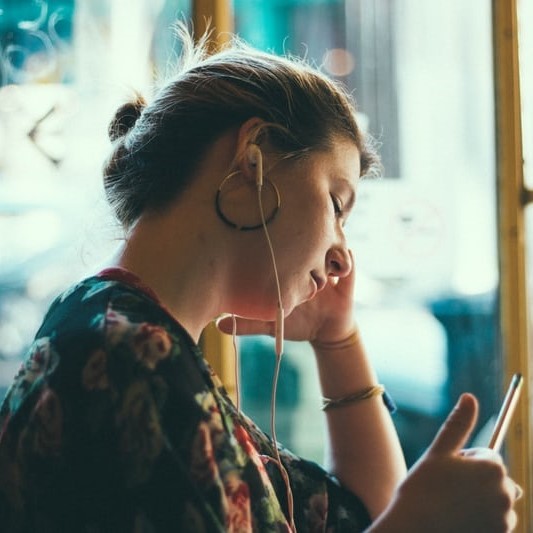
How to rest
Noticing your own needs is not egoistic. 60% of the Estonian residents who took part in "Life at Home" research said it is important to relax at home to maintain good mental health. But at the same time, many people do not know how to truly rest. See for yourself what psychologist Rita Rätsepp has to say about taking notice of your own needs, scrolling on the phone and taking time off with small kids. In addition, our interior designer Pedro Castro has some good tips for creating a relaxation corner in your own home.Read more
Key ingredients for a balanced life at home:
- Relationships
- Space
- Rituals
- Community
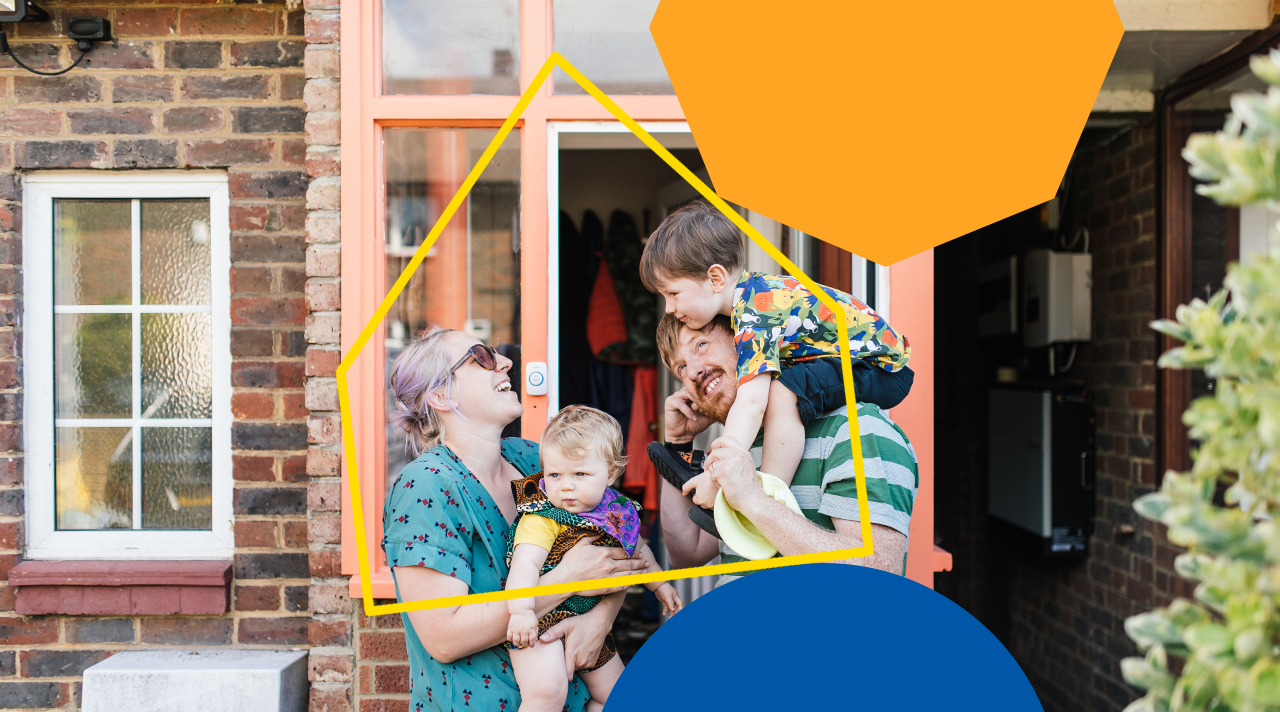
Relationships
Relationships at home are vital to our mental wellbeing
The pandemic has forced many of us to spend more time at home with family and loved ones. 42% of people in Baltics say their relationships with their families have improved over the last 12 months. However, 15% admit that their friendships have been negatively impacted.No room for guests?
29% in Estonia say that socialising at home is important in terms of helping to maintain a sense of mental wellbeing at home. According to IKEA interior designer Pedro Castro, having guests is possible even in the smallest houses. An extendable table and some folding chairs will make room for everyone. When not in use, such pieces of furniture can be stored on the wall or inside the closet.
“Communication is the foundation of every relationship, whether it's with your partner, family or friends. It’s is extremely vital not to assume or wait for the other party to speak, but to always speak your mind when you want to say or ask something. Direct communication and contact between people is what we really need.”
Rita Rätsepp, psychologist
Rita Rätsepp, psychologist
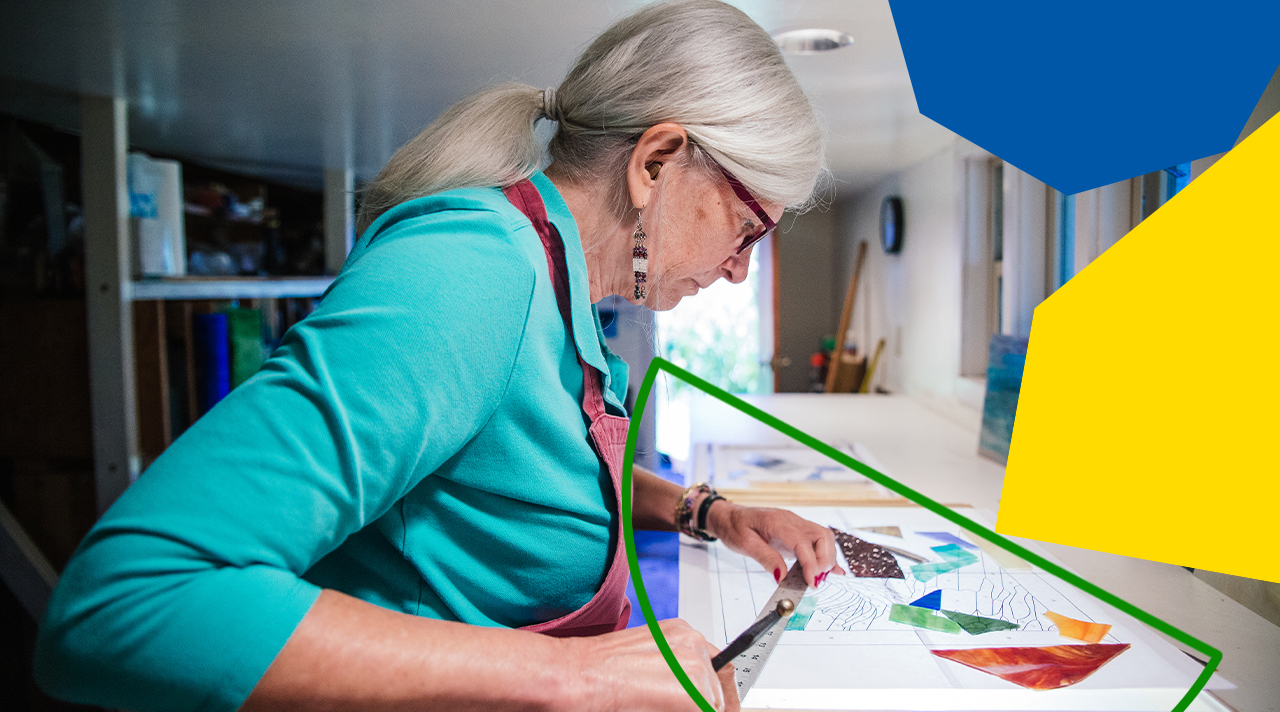
Space
Is your home space supporting your headspace?
How we use our spaces has altered over the past year. To achieve balance, many of us have adapted our spaces to match. 60% both in the Baltics and globally say they’ve had to change the way their home is organized to do the activities they want or need to do at home. Our survey has also shown that a home that is easy to clean and keep clutter free became even higher in importance during the last 12 months.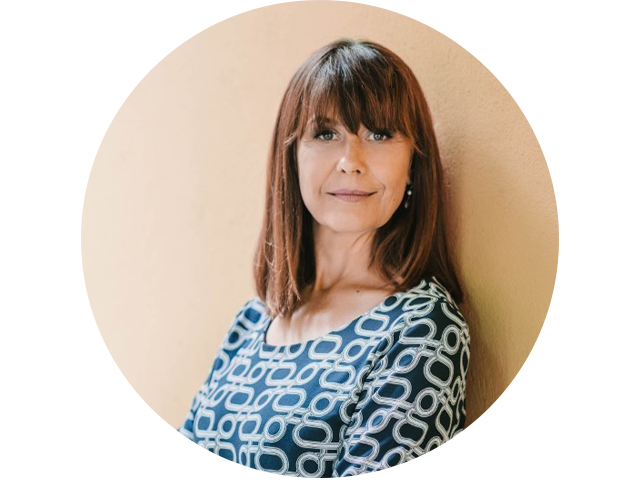
“Home is a place where to recharge yourself and feel safe. A place where you do not need to worry and can enjoy the time with your close ones. The tidier the home and less visible items, the more relaxed we feel. Therefore, the advice to start the day from making the bed is not just an empty statement. Such an order where things have their places and are quickly accessible without a long search will help to assure better mental well-being.”
Rita Rätsepp, psychologist
Rita Rätsepp, psychologist
How to keep home neat and tidy?
One of the most important tips from our interior designer is to organize drawers in the hallway, bedroom or kitchen using inserts and boxes. This way, your drawers will remain clutter free, there will be more room for items inside them, and you will be able to re-organize them less frequently.Decorative boxes and wicker baskets can help you organize the things without hiding. They will provide you with both practical storage and a stylish way to decorate your interior.
Divide household chores by days, e.g., do the washing on Mondays, vacuum the floor on Tuesdays, and so on. Having such daily routines only requires half an hour every day instead of half a weekend, so you can spend the rest of your time on some other heart-pleasing activities.
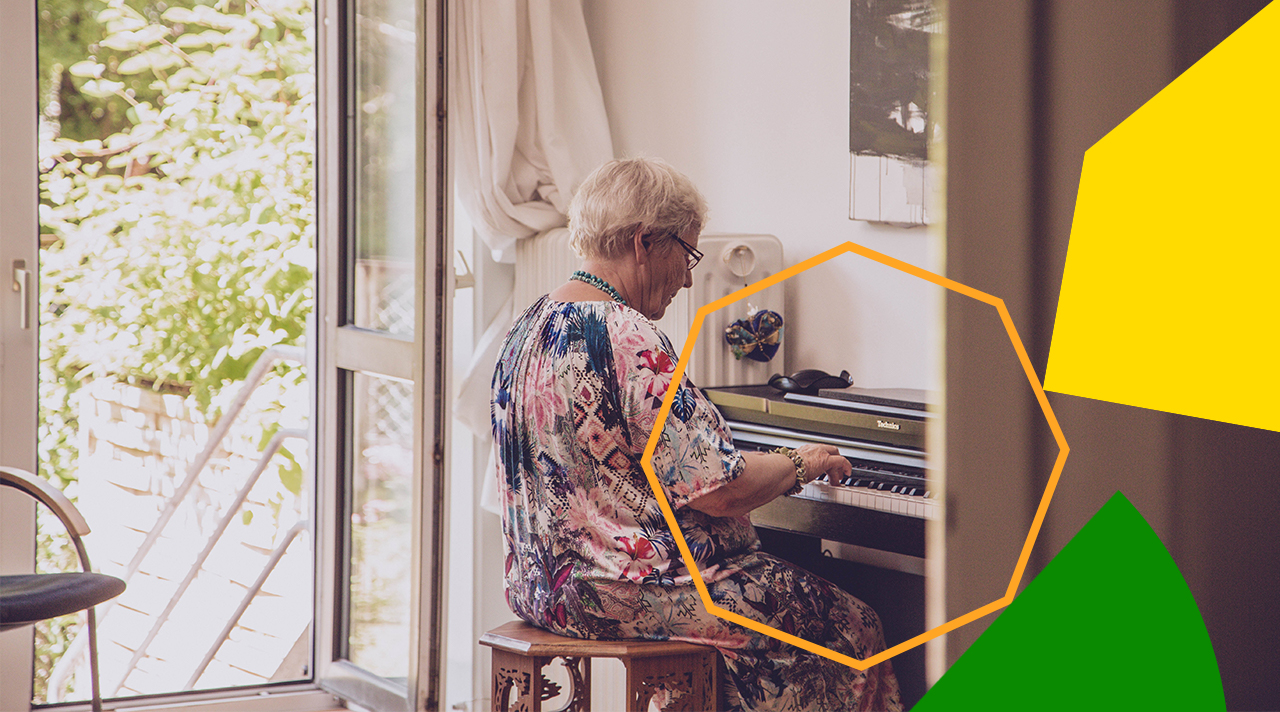
Rituals
Is home providing us with enough opportunities to look after ourselves?
The role of the home has been transformed. Now it is a place for activity and productivity as well as relaxation. Finding balance through good daily routines is key for our mental wellbeing.Almost every fifth in Estonia say that self-care and relaxing at home SPA are the most important in terms of helping to maintain a sense of mental wellbeing.

“Have your own SPA treatment box with all the essentials (body scrub, face mask, sea salt, scented candles, etc.) in one place. Then, just by opening it you will know that it's time for yourself and everything else can wait. Hang some twigs of eucalyptus in the shower and let them spread their scents in the humid air. If your bathroom does not provide a relaxing atmosphere, refresh the room with textiles and accessories: choose a shower curtain, bath mat, and towels in matching colours, add a beautiful soap dish or boxes for smaller items. The mood in the bathroom will instantly shift to nice and cosy.”
Pedro Castro, IKEA interior designer
Pedro Castro, IKEA interior designer
The ability to relax is essential for our wellbeing
According to psychologist Rita Rätsepp, setting up an office at home should come together with a dedicated place for relaxation after the work is done. If you work in a living room, find another place where you can recover. It can be a corner, a chair, a rug, or anything you associate with the transition from work mode to home mode.IKEA interior designer Pedro Castro recommends having a separate space for each relaxing activity. Think about the tools and environment you need. Home textiles will provide cosiness and lighting will set the right mood. Reading a book or doing handicrafts will require high-quality functional lighting, while dimmable lamps or candles will be just perfect for listening to music or enjoying a cup of tea.

Community
How much do your communities do for you?
Whether it’s local neighbourhoods or Messenger groups, communities are important to us. They support our practical, social, and emotional needs – and we have been turning to them more over the last 12 months.After spending more time in their neighbourhoods, 9% in Estonia say that their mental wellbeing benefited from having a sense of belonging in the neighbourhood.
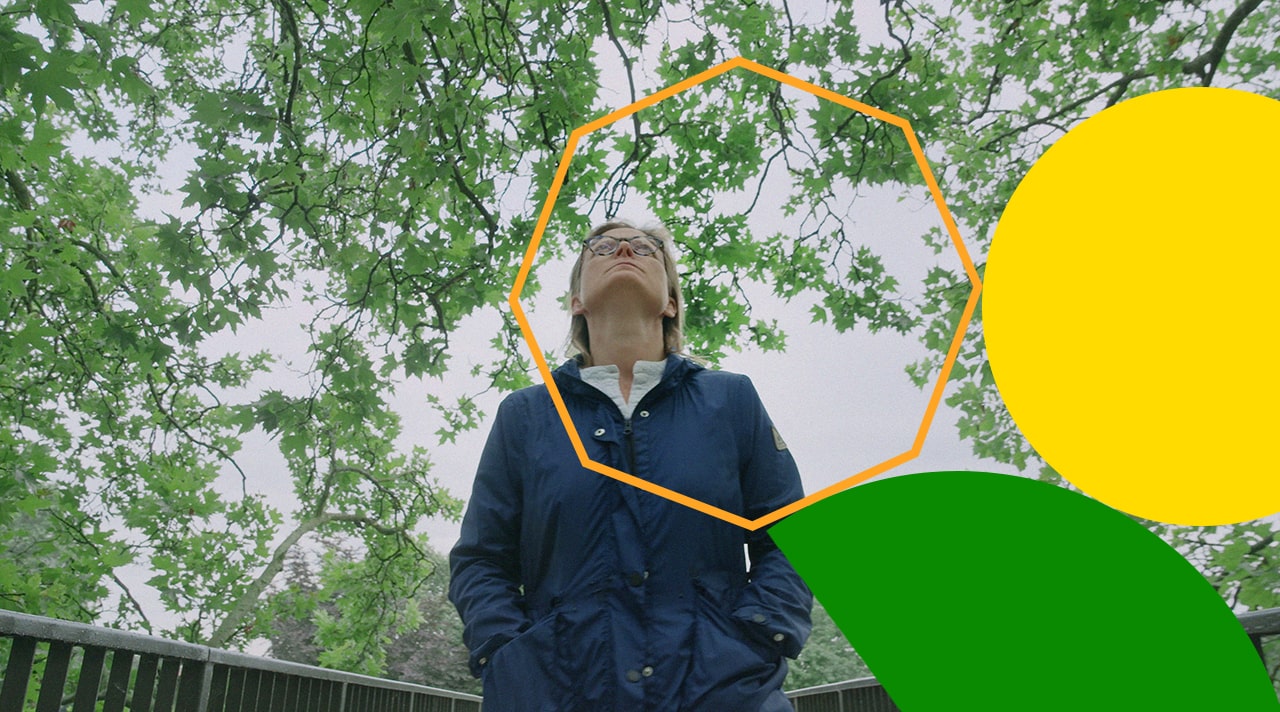
Future home
How close are you to your dream life at home?
People are clearer than ever about what they want and need from where they live. The things which best describe our expectations towards the ideal home now is making private space for everyone living in the household, living close to friends and family, and most of all - having an immediate access to green spaces and nature.Psychologist Rita Rätsepp advises: if you cannot enjoy nature close to home, invite it into your home with colors. The tones of blue and green create a feeling of security and well-being at home, as they relate to nature. The sky is blue and the grass is green - it is instinctively associated with our well-being, because we always feel good in nature. A person senses colors not only with the eyes, but also with the skin.
“As people need to clear their head and thoughts from time to time, we also need to clear our homes. I advise to revise all your belongings at least once a year and make a selection what to keep, what to give for recycling and what to re-use. This helps to keep your home tidy and also analyse how to make your home more comfortable safe haven for yourself. The most important here is to consider your own needs and refurnish your home accordingly, because it is YOUR home.”
Rita Rätsepp, psychologist
Rita Rätsepp, psychologist